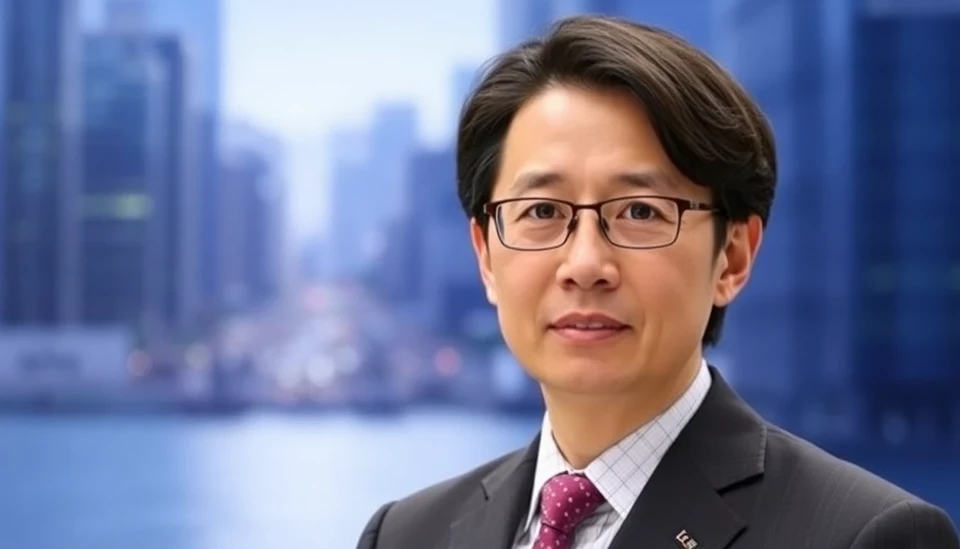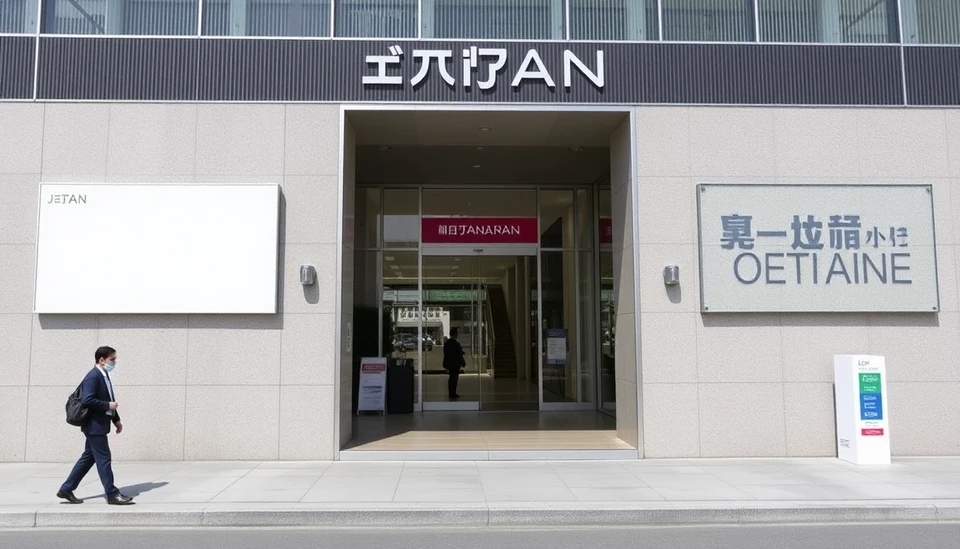
In Japan, a concerning trend has emerged as the country grapples with a sharp rise in bankruptcies coinciding with increasing reports of mental health crises, including suicides. As financial difficulties mount, many citizens are feeling overwhelmed by their mounting debts, leading to an alarming spike in personal and corporate bankruptcies. This situation reflects broader economic concerns that have plagued Japan for years, exacerbated by external pressures including global inflation and stagnant wage growth.
Recent data reveals that personal bankruptcies have surged dramatically over the past few months, signaling a significant shift in the financial landscape. Individuals, once hopeful of recovery, are now finding themselves drowning in debt, unable to cope with rising costs of living and interest rates. The phenomenon is so widespread that local governments have reported an influx of distressed citizens seeking financial assistance, highlighting the urgent need for intervention.
Compounding this financial crisis is the distressing rise in reported suicides, particularly within younger demographics. Mental health experts attribute this tragic trend to a combination of financial pressure, social isolation, and a persistent stigma surrounding mental illness in Japan. This cultural barrier often prevents individuals from seeking help, exacerbating their struggle and leading some to tragic outcomes. Various community organizations are raising alarms and seeking support to address these intertwined issues of financial hardship and mental health.
The consequences of this spiraling crisis extend beyond individual tragedies; they are also impacting the broader economy. With an increasing number of businesses declaring bankruptcy, the economic vitality of local communities is at stake. Small and medium-sized enterprises (SMEs), which are the backbone of the Japanese economy, are especially vulnerable in this climate. Many are unable to sustain operations amid declining revenues and high operational costs.
In response to this multifaceted crisis, experts are calling for a cohesive strategy that not only addresses financial support but also enhances mental health resources. Financial literacy programs and counseling services are among the proposed solutions to help citizens navigate their debts effectively while simultaneously fostering a culture that encourages seeking help for mental health issues.
As Japan prepares to face another year, the urgency of addressing these interconnected challenges cannot be overstated. Policymakers are urged to take immediate action to mitigate the ongoing crises, ensuring that support is available for those who find themselves in dire circumstances. The hope is to create a more resilient society, where individuals are equipped to manage financial pressures and access mental health care without stigma.
In conclusion, the rise in bankruptcies and suicide rates represents a severe emergency in Japan that requires immediate attention and action. The intertwining nature of these challenges calls for a united effort from government, communities, and individuals to build a safer, more supportive environment for all.
#Japan #Bankruptcy #MentalHealth #SuicidePrevention #EconomicCrisis #Debt #CommunitySupport
Author: Laura Mitchell




